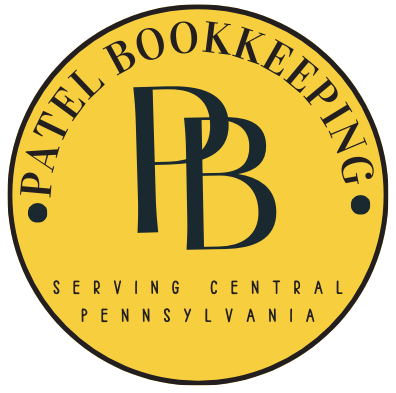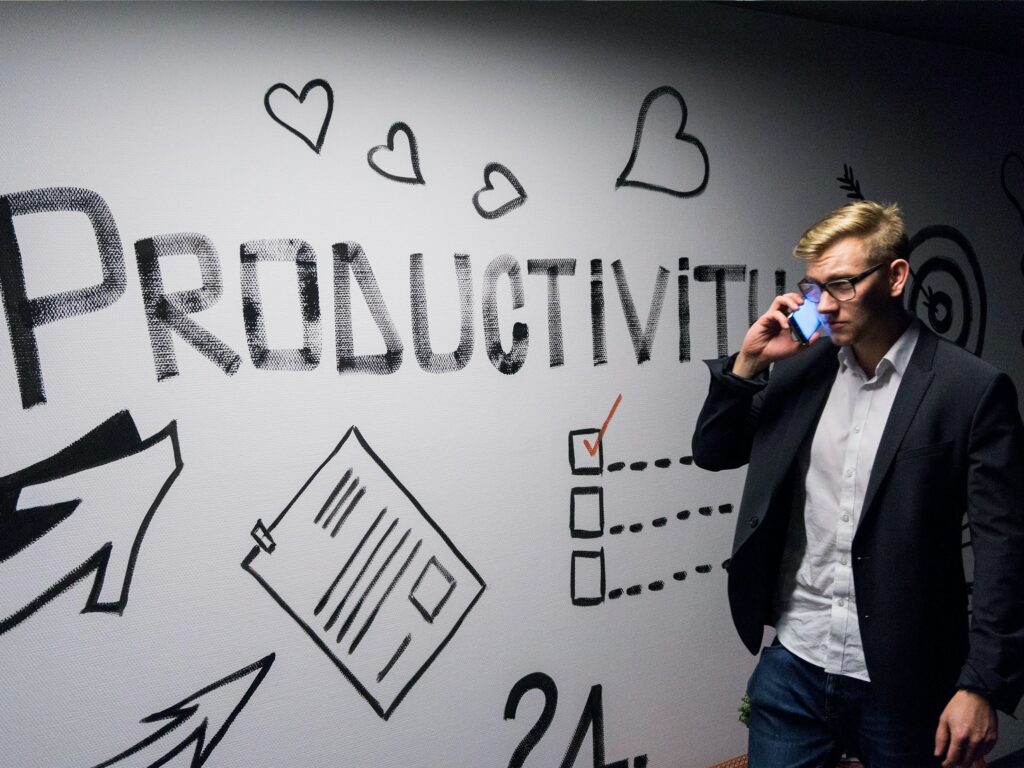Discover the 4 things you can do to improve your output at work without burning yourself out.
Ah, the feeling of turning off your computer at the end of the workday satisfied with what you’ve accomplished that day.
Then there are days riddled with distractions and several tasks that require your attention at once, challenging your productivity and how you spend your time. We’ve all been there, which is why we’ve written this article on how you can be more productive in your accounting job. We complied four of the best productivity tips we’ve come across to help you work smarter, not harder, whether you work from home or at the office. Read on!
Why is productivity important
Productivity at work is important at because it means you’re fulfilling your employer’s expectations, but it pays off for you, too. When you’re productive, deadlines are met, and you’ll likely experience less stress as a result.
When your tasks are done on time – or even before they’re due – you’ll also be better positioned to foresee and address any upcoming challenges. And when your work is done on time, you can call it a day at a decent hour, too. Now let’s take a look at how to be more productive in your accounting job.
Determine what’s important versus what’s urgent
To stay productive and on-track with projects, it’s essential to know what tasks are urgent and which ones are important. Some tasks may be urgent and important (do these first).
Understanding what’s urgent versus what’s important helps you establish priorities. At its core, the difference between urgent and important tasks are deadlines. Urgent tasks usually have them, important tasks don’t.
There are a couple of things you can do to help you manage urgent tasks when your workload is already sky-high:
- Delegate the task
- Reschedule the task
- Say no to the task
Tip: If possible, always try to leave some time in your schedule to handle unexpected, urgent tasks.
Cultivate deep work time
Each day, block off a couple of hours (or whatever period of time is sufficient) that you need to stay focused on “deep work.” Deep work is work that requires you to dig in your heels and concentrate. This may include working through a challenge and developing a solution, or completing smaller tasks in order to finish a large project.
During deep work time, eliminate distractions. Get off social media. Set your work chat channel status to unavailable or do not disturb, turn off notifications on your computer, and commit to just getting work done for the allotted amount of time.
Consider scheduling deep work during your peak productivity times. Maybe you’re most productive first thing in the morning, or during another time of day. Then reward yourself with a coffee, some stretching, or a walk when the time is up!
Send better emails
Have you ever found yourself in a situation where you and a colleague have been emailing back and forth several times just to set up a meeting? You can stop this. Put all the information the recipient would want to know in one email. For example, if you’d like to meet with a colleague, be clear about what you want to meet about (send him or her an agenda or bullet points) and suggest a couple of dates and times. In another email exchange or two, should have the meeting scheduled.







